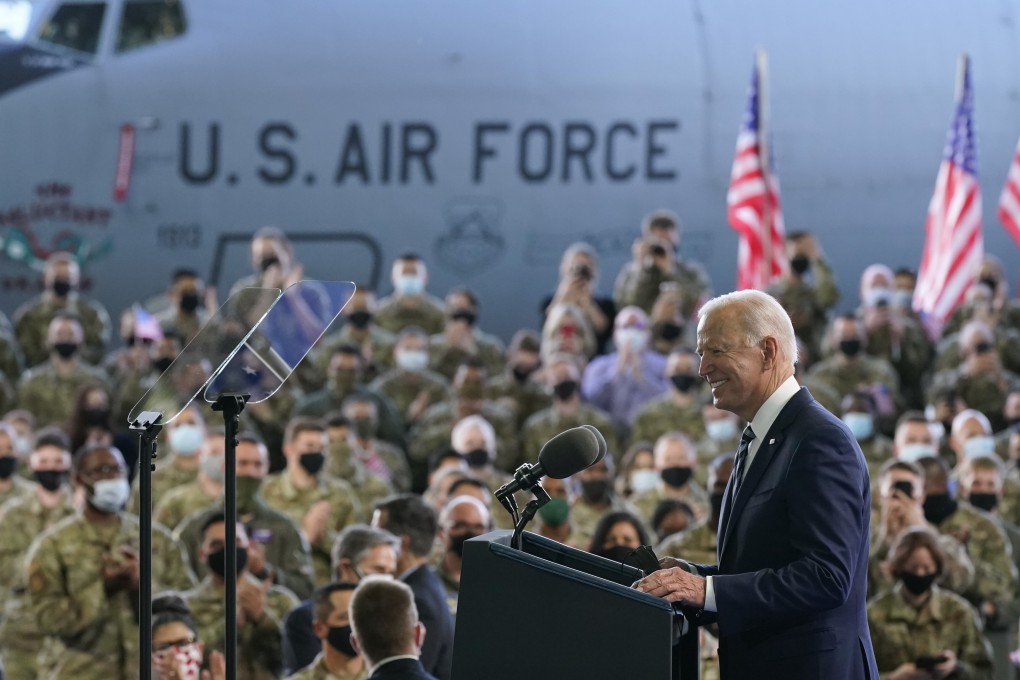US Defence Department winds up China task force, keeping recommendations classified
- Pentagon spokesman says task force was meant to determine whether military strategy treats China as America’s ‘pacing challenge’
- Some recommendations involve more education and proficiency about China

An advisory body to the US Department of Defence established to make recommendations for ways to improve how the department carries out its China-related military strategy has wound up its business, the Pentagon said on Wednesday.
Many of the task force’s recommendations, which were classified and thus not outlined, “are intended to streamline and strengthen cooperation with US allies and partners, particularly in the Indo-Pacific”, the department announced.
Led by Ely Ratner, a special assistant to Defence Secretary Lloyd Austin, the ad hoc body, which was set up by the Biden administration as one of its first actions, assembled officials from each armed service division and the US intelligence community.
Its mission was “to conduct a baseline assessment of [the Pentagon’s] China-related programmes, policies, and processes” and to deliver “a set of top priorities and recommended courses of action” to Austin.

02:50
Biden says China won't become ‘the most powerful country’ on his watch